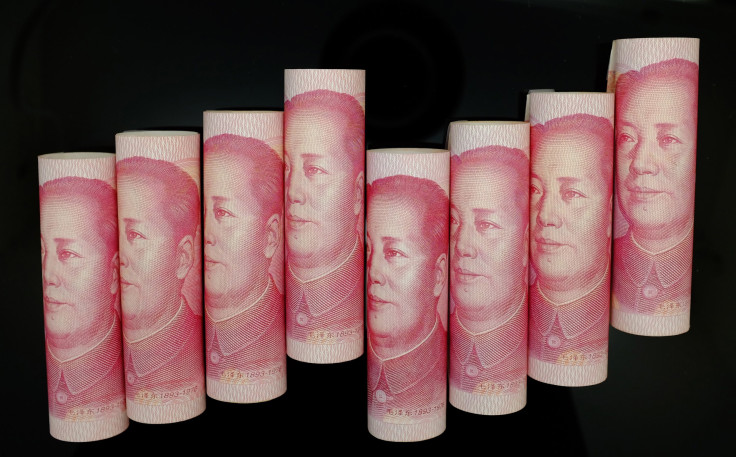Is China Turning Away International Economists Amidst Economic Uncertainty?

Recent trends suggest that the Chinese government is distancing itself from foreign economists in the wake of skepticism about the country's debt issues, in more ways than one.
The South China Morning Post of Hong Kong reports that the Beijing government has taken steps to limit international economists' access to media outlets and closed-door meetings with officials. But why the sudden cold shoulder from the Chinese?
Analysts say the government doesn't want as many foreign economists around because they're likely to voice worries about China's worsening public debt situation. The "augmented fiscal debt," a figure calculated by the International Monetary Fund, looks at borrowing by local governments and other "off-budget fiscal activities" and measures it against national gross domestic product. Not coincidentally, China's economic growth slowed to its lowest level since 1999 last year.
The IMF estimates China's augmented fiscal debt has risen to around 45 percent of its $8 trillion USD GDP. While the IMF isn't raising an alarm just yet, the global agency has said China is increasingly susceptible to "macroeconomic shock," compared with the boom years of the recent past.
The government would like to avoid that question coming up in discussion on state-controlled media, so it has instructed editors at major outlets to be particularly selective about their guests, figuring foreigners are more likely to be candid about the country's potential economic problems.
The SCMP also reports that the China Banking Regulatory Commission is bringing in fewer international economists to policy meetings, and making sure the ones who are brought in can be trusted (possibly in fear they may leak information to their home governments).
Meanwhile, the Chinese seem interested in drawing back their own nationals who have made a name for themselves on the international economic stage. One in particular, Ma Jun, is a top favorite for the newly created position of chief economist at the People's Bank of China. Ma is currently the chief economist for Greater China at Deutsche Bank and has worked for the IMF, World Bank and for the Chinese government in the late 1980s.
Despite Ma's exceptional qualifications, not everyone at the PBOC supports his nomination. According to the SCMP, one official reminded his colleagues of the involvement of capitalist advisers in the waning years of the Soviet Union, which some say sealed the USSR's collapse.
Regardless of their opinions on Chinese economic policy, international experts are more than aware of the increasingly volatile trends across China's economic sectors. The government will have a hard time keeping a lid on its economic challenges, and its only a matter of time before the Chinese people start feeling the effects too.
© Copyright IBTimes 2024. All rights reserved.





















